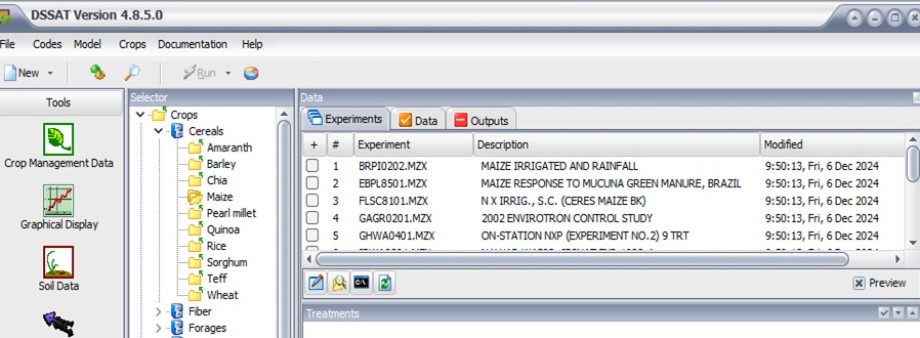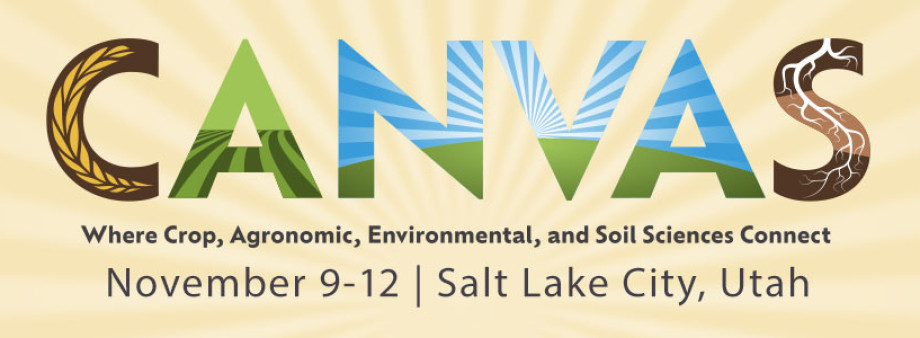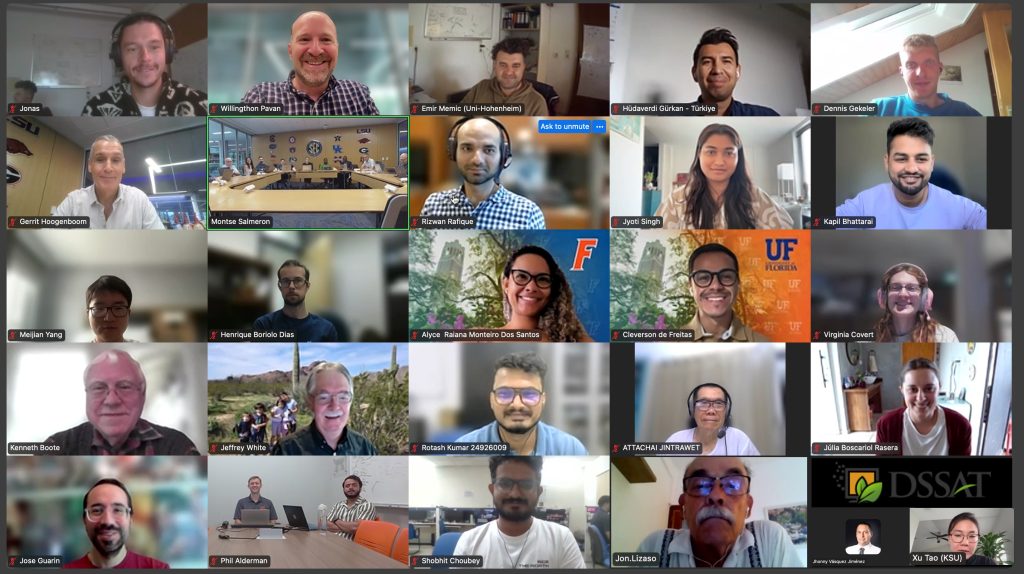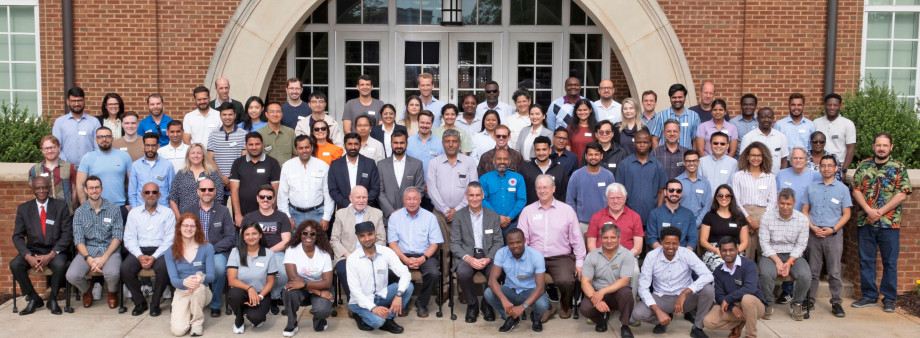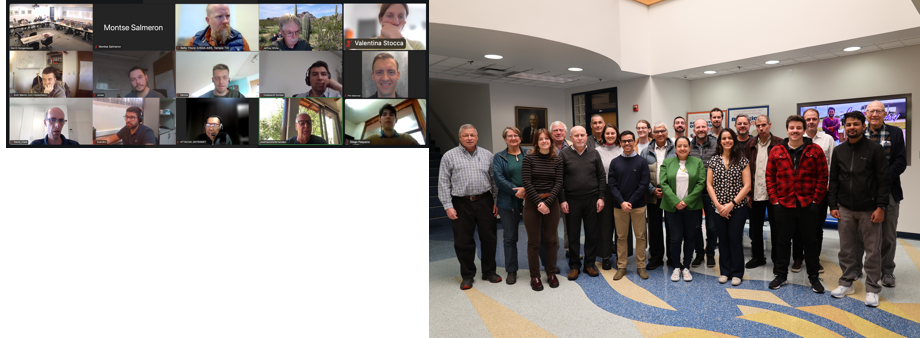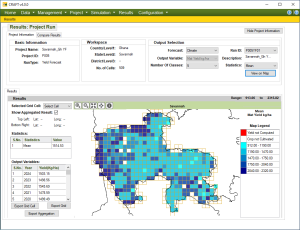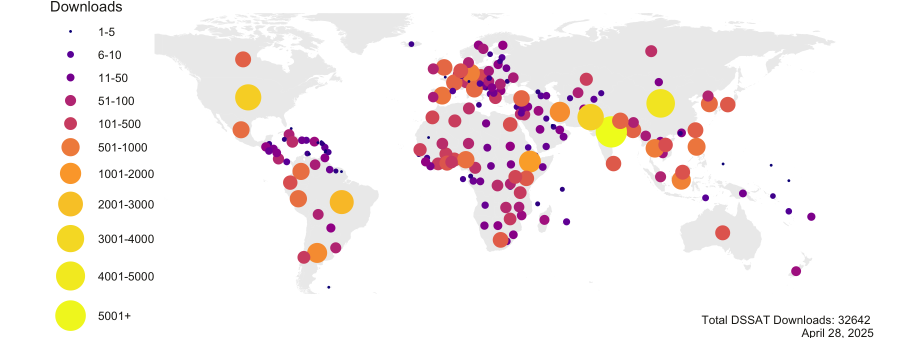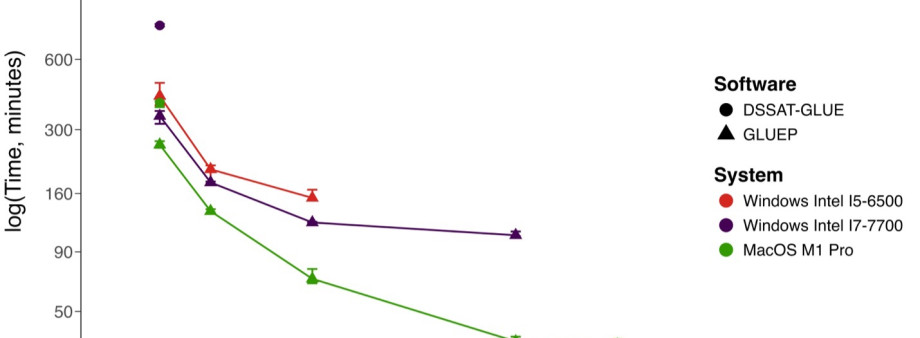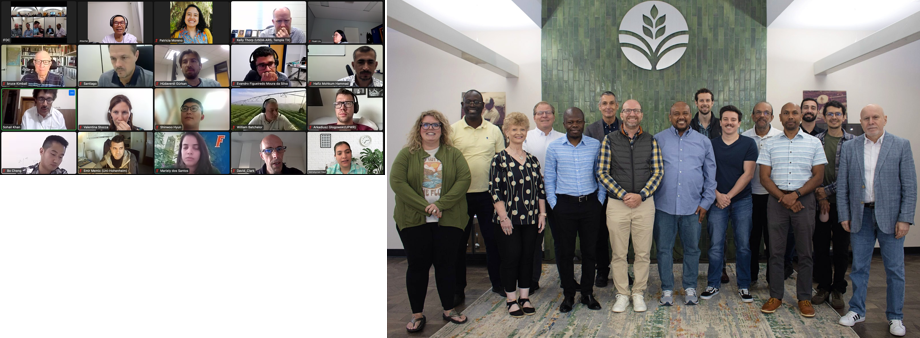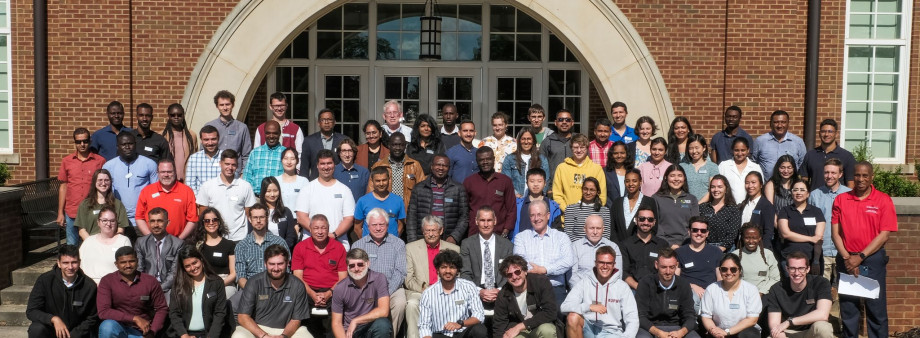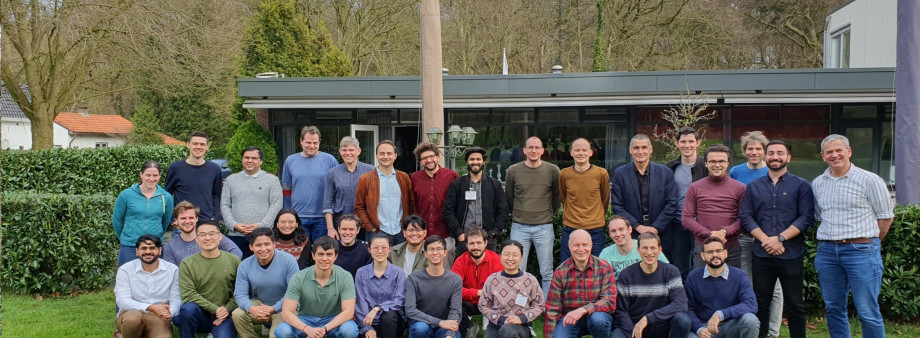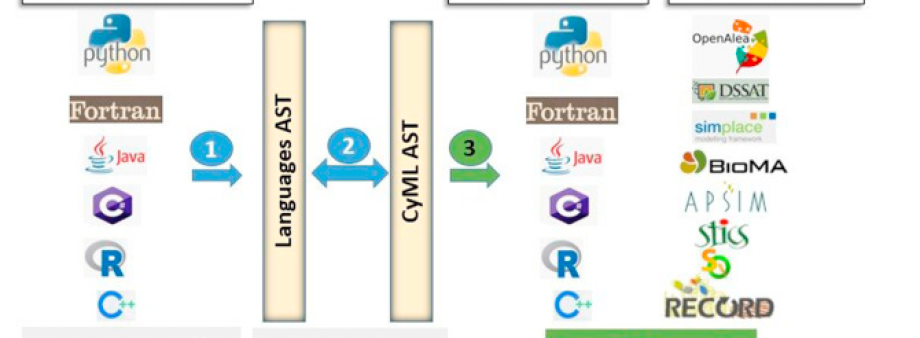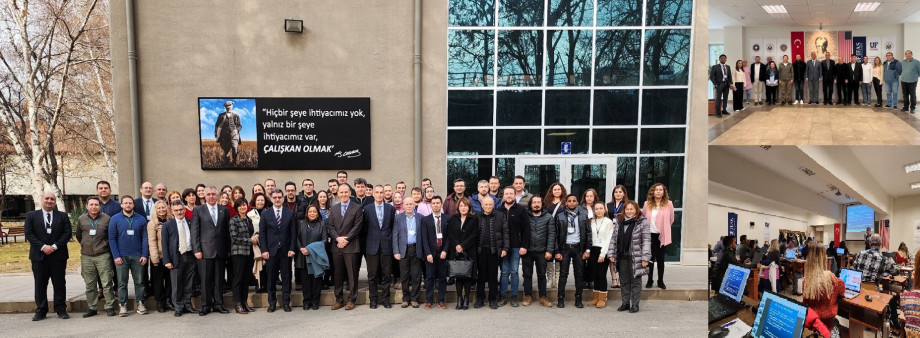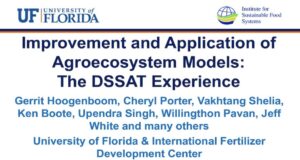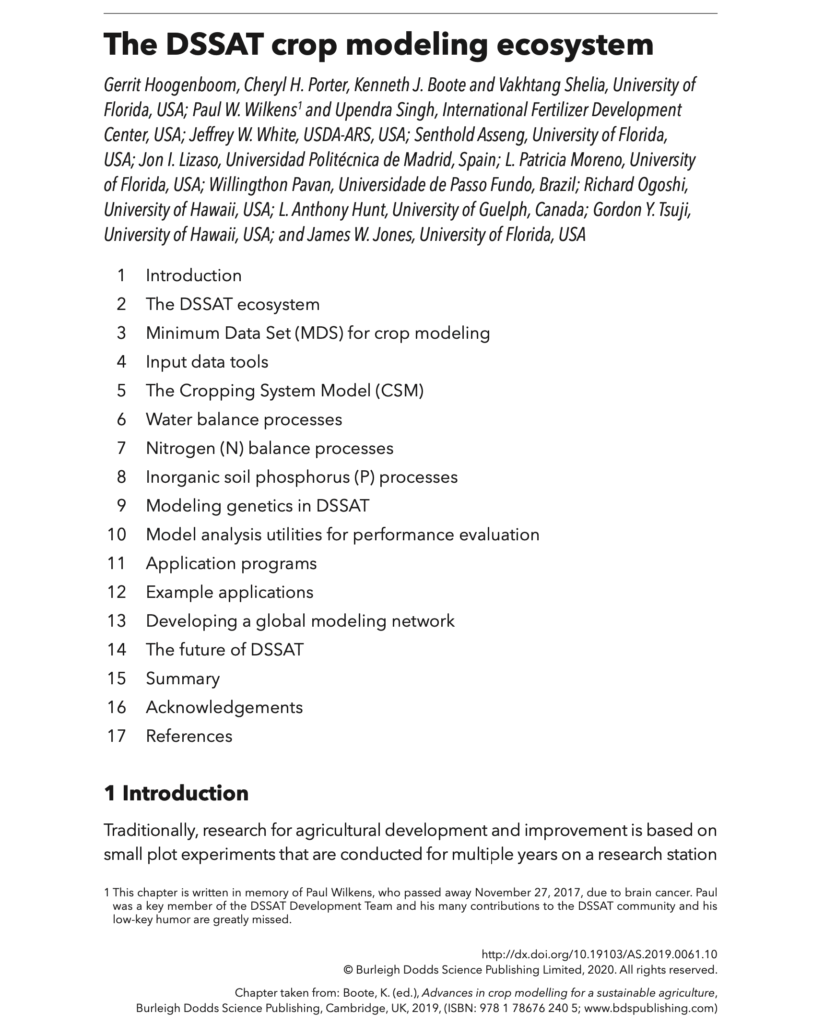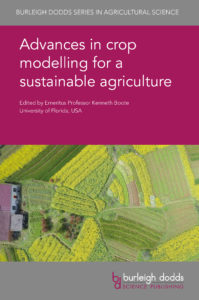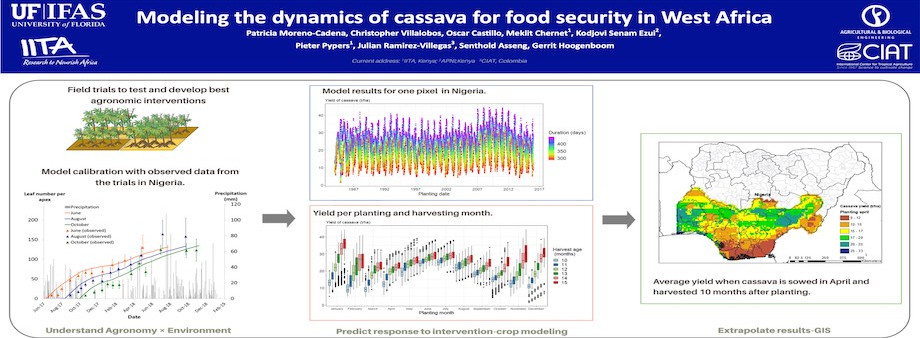23rd Hybrid DSSAT Development Sprint at the University of Kentucky
The 23rd DSSAT Development Sprint was held from August 4–8, 2025 at the University of Kentucky in Lexington, Kentucky, and continued the DSSAT tradition of collaborative innovation in agricultural systems modeling. Hosted by Dr. Montse Salmeron and the Department of Plant and Soil Sciences, the event brought together participants in-person and virtually, with representation spanning […]
16th AMEI Development Sprint at INRAe, Montpellier, France
From June 16 to 20, 2025, the DSSAT team participated in the 16th AMEI Development Sprint in Montpellier, France, hosted by the Laboratory of Ecophysiology of Plants under Environmental Stress (LEPSE) of the French National Research Institute for Agriculture, Food, and the Environment (INRAe). The Agricultural Model Exchange Initiative (AMEI; available on GitHub and Crop2ML.org) seeks to advance agricultural […]
Updating the ICASA Data Dictionary (IDD)
The ICASA Data Dictionary describes approximately 1200 variables related to field experiments. Categories include metadata, crop management, measured crop and soil traits, soil profile descriptions, and daily weather data. These variables underly the ICASA data standards, which evolved in part from the terminology used in DSSAT. The IDD is accessible on GitHub at: https://github.com/DSSAT/ICASA-Dictionary Recent […]
DSSAT 2025 International Training Program at the University of Georgia
DSSAT Foundation – The University of Georgia – Griffin Campus, Griffin, Georgia USA The DSSAT annual training was held from May 19 to 24, 2025, at the Stuckey Auditorium, Griffin Campus, University of Georgia, USA. The event was led by 10 DSSAT faculty members with 72 participants from 28 different countries. The participants received a […]
Training the Next Generation of Agronomist on How to Use Crop Models for Cropping System Design – Second Edition 2025
Group picture with participants of the “Using Crop Models for Cropping Systems Design” Course at Estación Experimental Mario A. Cassinoni, Paysandú, Uruguay An Undergraduate Course entitled “Use of Crop Models for Cropping Systems Design” was organized by The Department of Crop Production from Faculty of Agronomy at Univesidad de la República in Uruguay during the […]
Reproducibility of Field Research and Simulation Studies
There are growing concerns over erosion of the public’s trust in scientific research, which ultimately affects whether research truly benefits society. In agriculture, especially in topics related to sustainable production, a recurring theme is how well research can be confirmed by other researchers. This is largely an issue of ensuring that all stages of research […]
[Q] How do you run DSSAT on Mac OS and Linux?
Unfortunately, for MacOS/Linux users there is no installation available for these platforms yet. DSSAT is a Windows packaged software. In this case, you will have to use a virtual machine that can run Windows on top of your operational system. Please see below the video tutorial where you can go around this limitation using Linux […]

